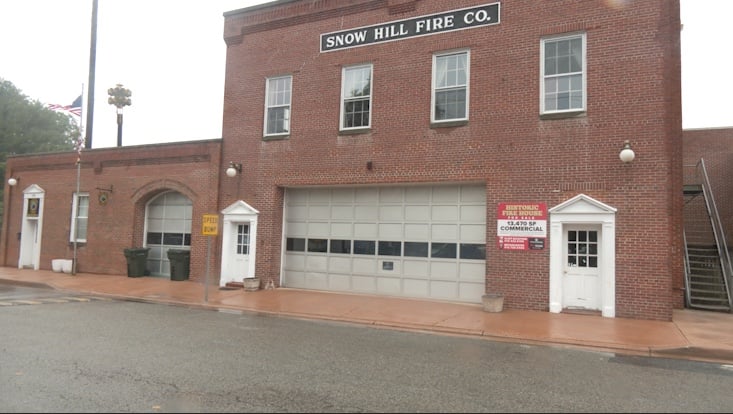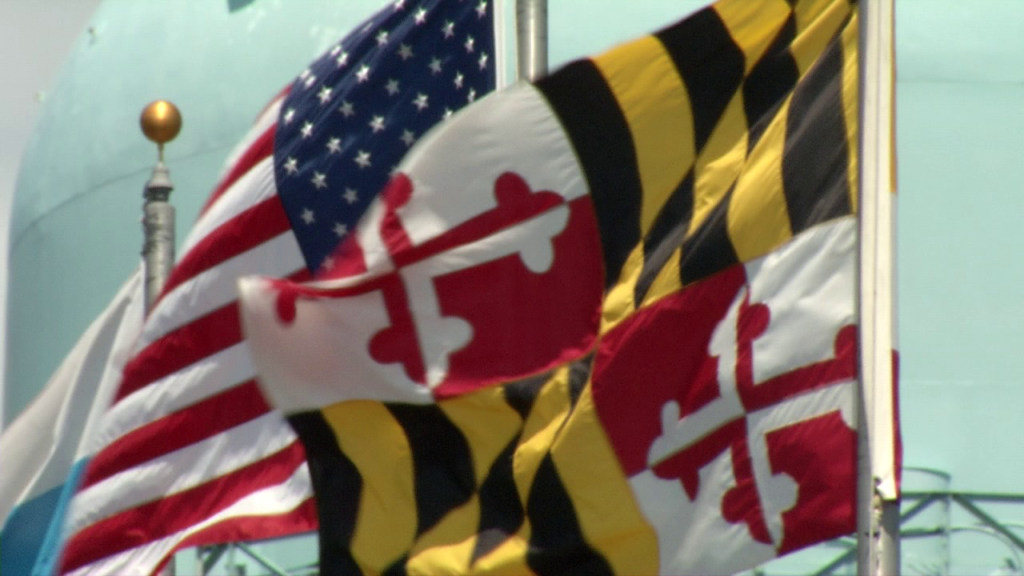DEA conducting final review of marijuana drug scheduling
MARYLAND – The Drug Enforcement Agency (DEA) is conducting its final review, to determine how marijuana should be classified as a drug. This has sparked mixed opinions with lawmakers and law enforcement. They’re weighing whether it should be regulated as a schedule one or schedule three drug.
Marijuana has been listed as a schedule one drug under the controlled substance act since the 1970’s, when the legislation was passed.
That’s the same category that drugs like heroin and cocaine fall under, However, as marijuana is legalized across Delmarva, lawmakers and police say they have concerns about how that schedule system works.
“One of the biggest things [we] are seeing is that marijuana seems to be all over the place,” said Ocean Pines Police Chief Tim Robinson.
Chief Robinson thinks some aspects of the drug are not being taken into full consideration as its usage becomes more popular.
“The downgrading of the schedules is bringing a lot of concerns with law enforcement, because if the federal government is saying it is less worrisome, then people will think that ‘Maybe I should try it,'” said Chief Robinson. “Initially as a schedule one, it’s showing as something with no medicinal value. It is something that is very addictive. Now by it being downgraded, they are basically going to be putting it on the level of Tylenol with codeine.”
Maryland Congressman Andy Harris is also getting involved, sending the DEA a letter. He also sent 47 ABC WMDT a statement, saying that the recommendation to reschedule marijuana “lacks both substance and data.”
Rep. Harris focuses on three main concerns; impacts on pregnancy and children, and effects of driving under the influence of marijuana.
“Marijuana use during pregnancy can be harmful to a baby’s health and cause many serious problems, including stillbirth, preterm birth, and growth and development issues,” Congressman Harris wrote in the statement.
Police even say that marijuana is becoming as common for recreational use for minors as alcohol.
“I’m quite sure that a lot of people under the age of 21 are doing marijuana,” Chief Robinson said. “It is probably as easy to get as underage alcohol.”
As laws around marijuana possession are changing, local police say they’re also having to adjust their practices.
“I have been doing this for 30 years, and 30 years ago, we were arresting people for any amounts of marijuana,” said Chief Robinson. “Now, unless you have a significant amount, you are not going to face arrest with the recreational limits on it.”
Police say they’re also concerned how the potential downgrade could impact the number of marijuana-related driving violations. And, police can no longer use the odor of marijuana as probable cause to search during traffic stops. They say that was a key tool in the toolbox for big drug busts in the past.


